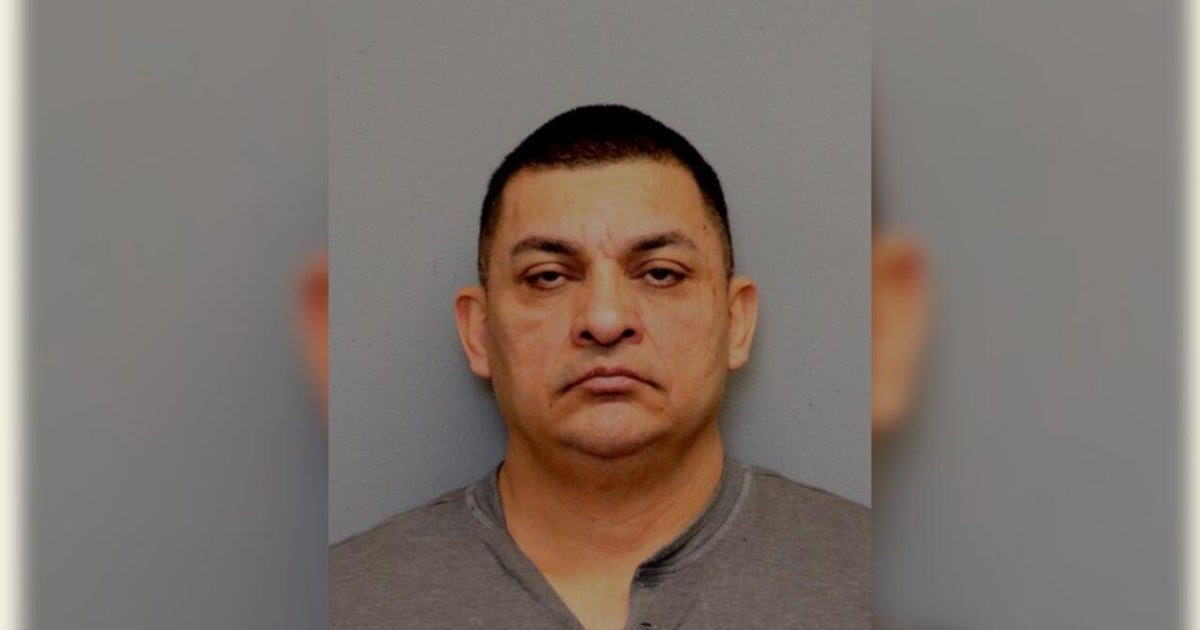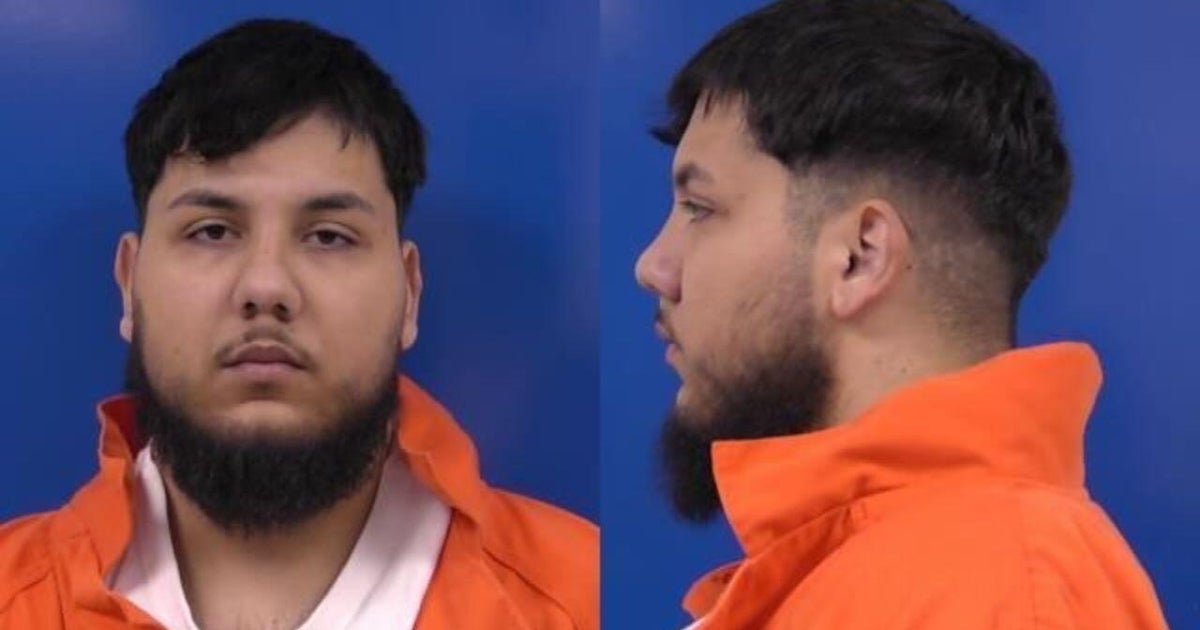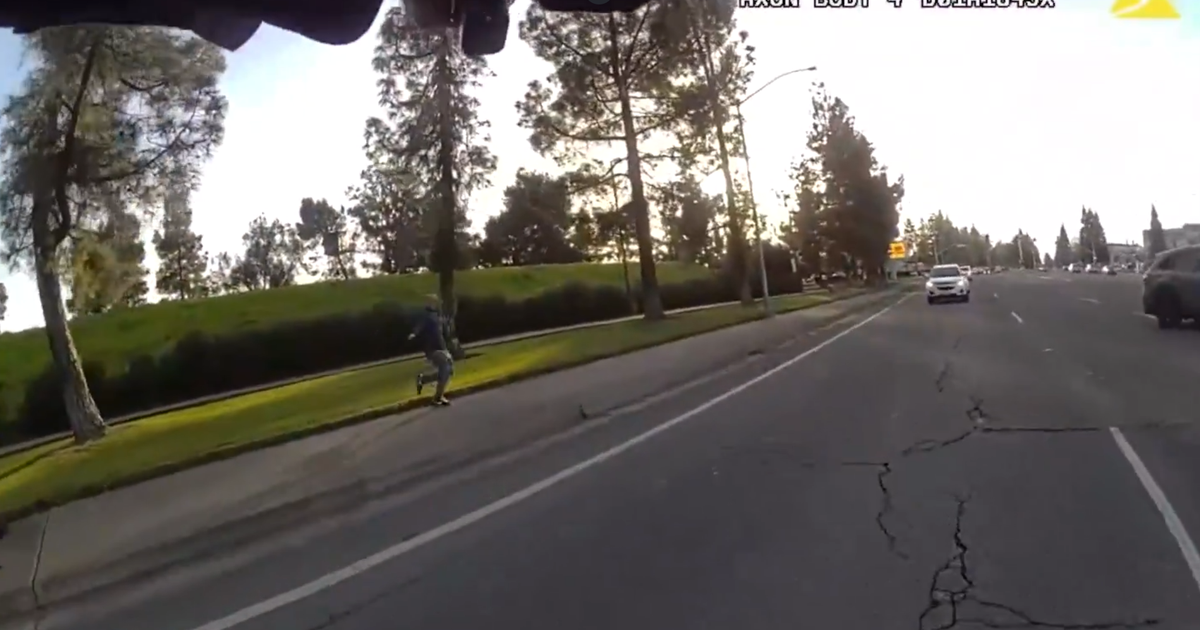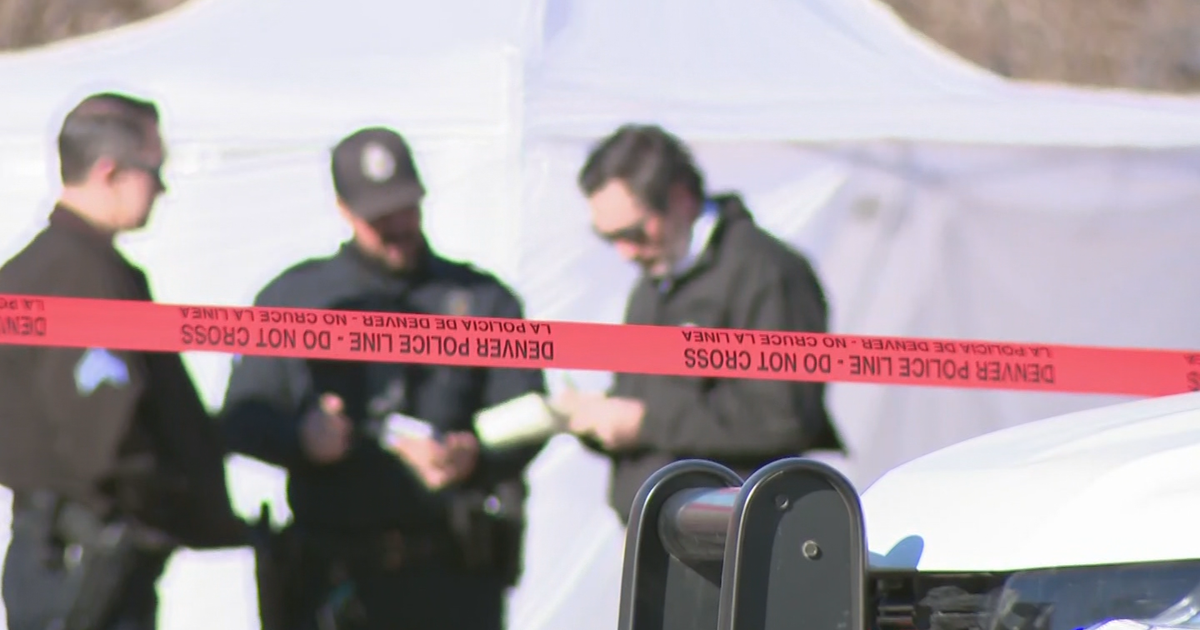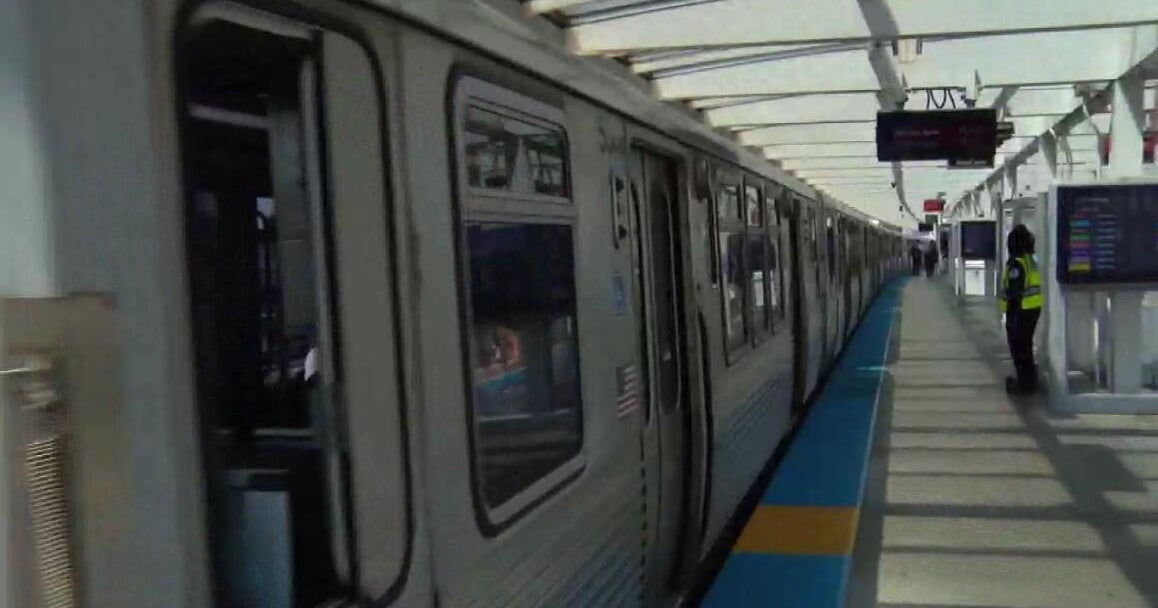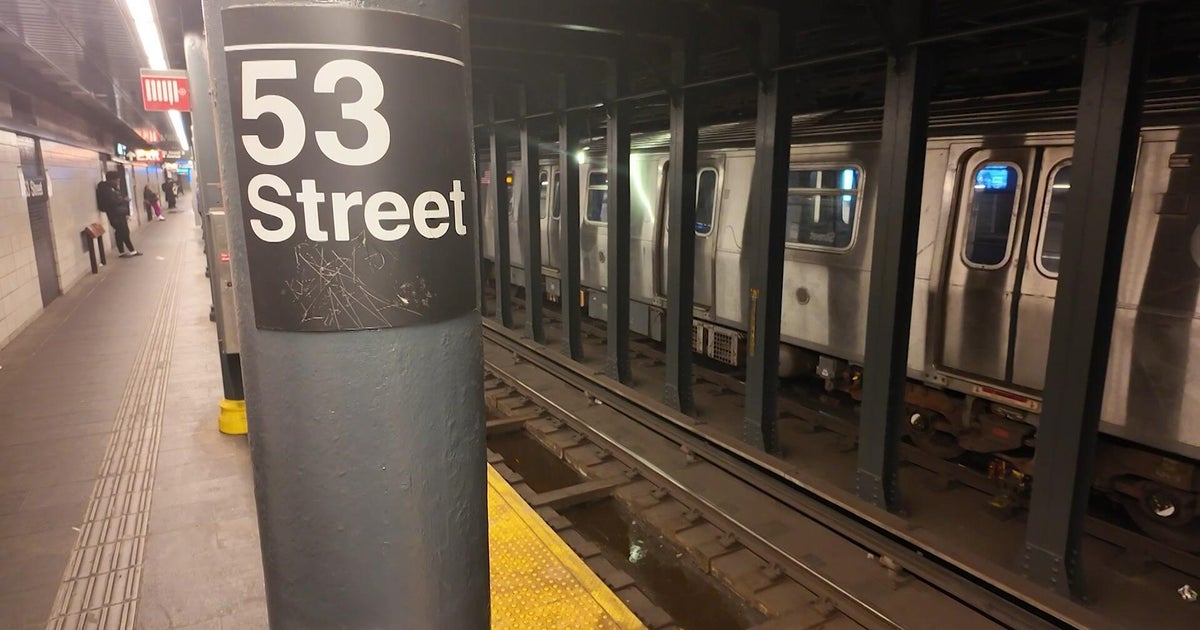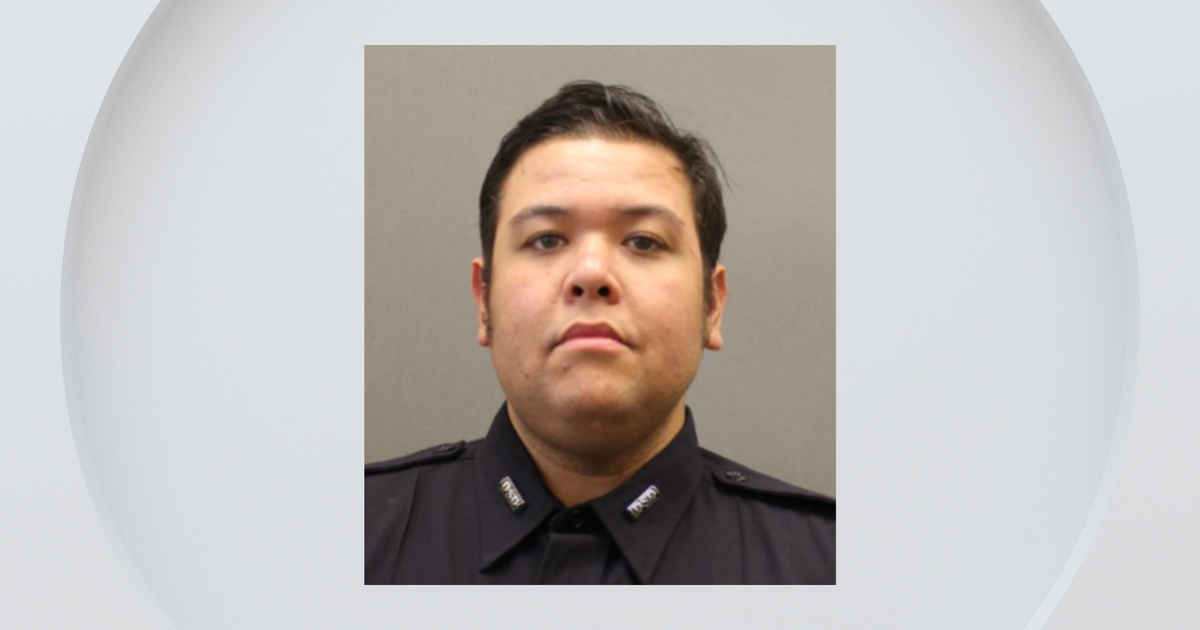New Report Sheds Light On BPD's Disgraced Gun Trace Task Force
BALTIMORE (WJZ) -- Two years, more than 100 interviews and thousands of pages of documents into one of the biggest corruption scandals in Baltimore Police history have all led to this, the results of the independent investigation into the disgraced Gun Trace Task Force are out.
Eight officers in the unit, including ringleader Sgt. Wayne Jenkins, were convicted of racketeering, armed robbery, selling drugs, falsifying overtime and planting evidence on suspects they arrested. A total of 13 defendants were charged in the scandal since the initial federal indictment of Jenkins, Momodu Gondo, Evodio Hendrix, Daniel Hersl, Jemell Rayam, Marcus Taylor and Maurice Ward in 2017. Sgt. Thomas Allers was later indicted and eventually pleaded guilty to charges of racketeering conspiracy and racketeering offenses, including nine robberies.
"These former BPD officers constituted not a single criminal gang, but instead a shifting constellation of corrupt officers who discovered each other during the course of their careers and committed their crimes individually, in small groups, and then in larger groups," the report said.
The final report includes more than 160 interviews and reviews of hundreds of thousands of pages of documents. Every elected mayor from Martin O'Malley through Brandon Scott, and every BPD commissioner from Ed Norris through Michael Harrison was interviewed for the investigation.
Led by former Department of Justice Inspector General Michael Bromwich, the inquiry resulted in a 515-page report that provides a detailed 20-year history of events and decisions that led to the Gun Trace Task Force scandal.
The report also explains how the widespread corruption began and continued for years without being detected, finding weaknesses in the Baltimore Police Department, especially leadership that turned a blind eye to top performing officers--like the ones in the elite unit--who brought in high numbers of arrests and seizures.
Investigators revealed GTTF officers had problems from the start, long before they joined the squad, and warning signs were ignored as special units became "incubators for corruption."
The federal investigation that led to the indictment of the unit's members "was the result of happenstance and luck," the report said. Officers with two county police departments working a narcotics investigation found an illegal tracking device on a target's vehicle.
"None of these officers' colleagues reported any of them to [Internal Affairs] or the FBI," the report said. "None of the complaints against the corrupt officers that were filed by their victims were taken seriously by IA or the corrupt officers themselves."
The report identified "persistent weaknesses in supervision and accountability" in the department, including supervisors who "cultivated plausible deniability for the actions of their unit members" and supervisors who feared addressing misconduct would "diminish the productivity of their units, earn them enemies within their squads and more broadly within BPD, and create obstacles to their own future promotion."
Additionally, Baltimore police officers maintain an "us vs. them" mentality, "which served as a justification for BPD members to engage in misconduct when dealing with suspects believed to be involved in and profiting from criminal activities," the report said.
Among its recommendations, investigators said the Baltimore Police Department should employ current and former officers to conduct background investigations of new hires, display "zero-tolerance for cheating" to trainees at the academy, incorporate training on the department's scandals over the last 20 years and deploy more "integrity stings."
WJZ was there two years ago, when Harrison and former City Solicitor Andre Davis announced the investigation.
"We can burn off the stink of this horrific scandal only through the use of the disinfectant of full disclosure," said Davis.
"Those who do not learn from the past are doomed to repeat it," said Harrison.
In a release Thursday morning, Harrison thanked Bromwich for an "unflinching look" at the scandal.
"While the report provides an unflinching look at BPD's own historical shortcomings, it is necessary for the information to be brought to light, so that we do not repeat the mistakes of the past. We are all here to reform this agency, strengthen bonds and move forward," he said.
"Transparency, integrity and accountability are fundamental to the progress of building a safer, more equitable Baltimore," said Mayor Scott. "As your Mayor, I will continue to work tirelessly to improve public trust in City Hall and the Baltimore Police Department. I will continue to partner with Commissioner Harrison to embrace these core values and prove government can operate in your best interests."
Asked about the report during a Thursday press conference, Scott noted that, while on the Baltimore City Council, he was one of several council members calling for an independent investigation of the corrupt unit.
As for the victims of the GTTF, $13 million has been paid in restitution to them, with some cases still pending.
Over 800 criminal cases were dropped due to the scandal.
This story will be updated.
